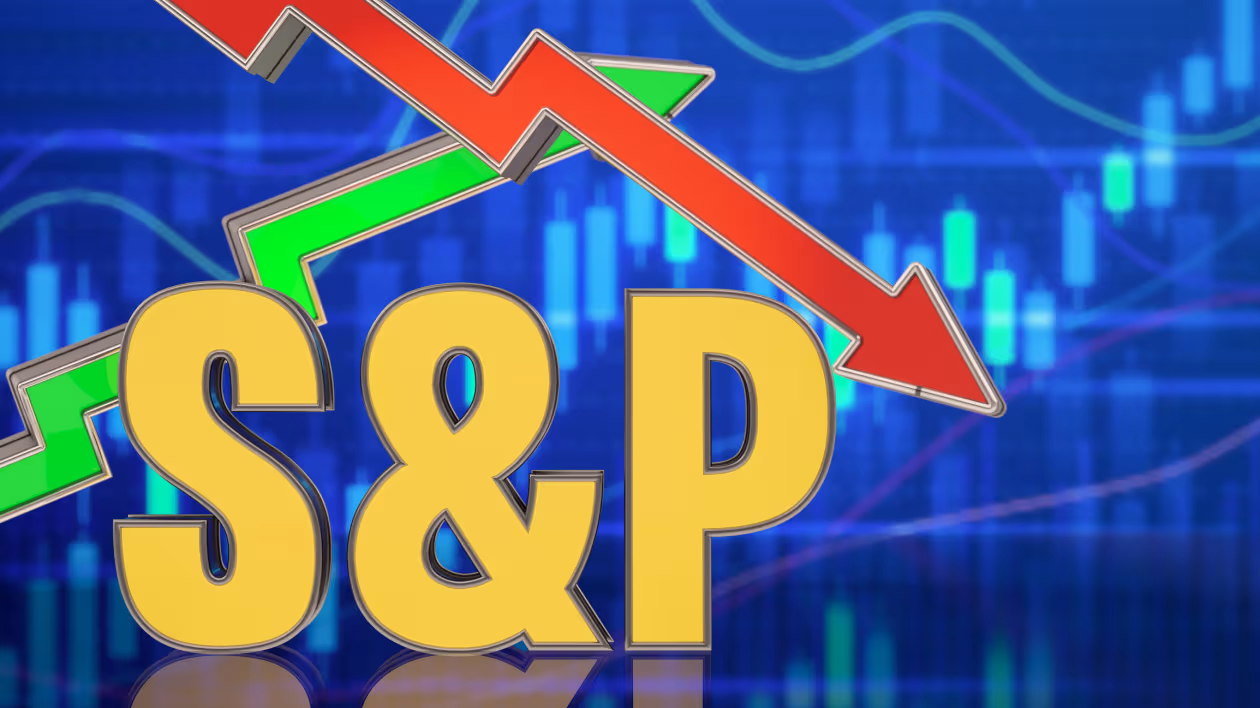In the aftermath of a significant political shift in the United States, the S&P 500 has surged past the 6,000 mark, a milestone that underscores the current bullish sentiment in equity markets. This rally is largely driven by Donald Trump’s electoral victory and the Republican Party’s strengthened position in Congress, factors that have fueled investor optimism about forthcoming business-friendly policies. Amid expectations of lower corporate taxes and reduced regulation, the market is experiencing one of its most robust phases of growth.
Historic Milestone for S&P 500
The S&P 500’s leap beyond 6,000 is more than just a psychological threshold; it represents one of the largest weekly percentage gains the index has seen in over a year. This feat is echoed by the Dow Jones Industrial Average and the Nasdaq, both of which have recorded impressive weekly performances. The Dow’s ascent above 44,000 for the first time is driven in part by a rally in tech and industrial stocks, with companies like Salesforce reporting strategic hiring plans that bolster investor confidence.
Driving Forces Behind the Rally
Several catalysts have propelled the markets forward. Expectations of a Republican “Red Sweep” in Congress, allowing for easier passage of Trump’s legislative agenda, have been central to the positive market sentiment. Additionally, the Federal Reserve’s recent decision to cut interest rates by 25 basis points has provided further impetus for the rally, encouraging investment in equities as borrowing costs fall.
Sector Performance and Market Dynamics
Within the broader market, rate-sensitive sectors such as real estate and utilities have particularly benefited, reflecting investor appetite for stable income amid falling Treasury yields. The 10-year U.S. Treasury note yield, although at a four-month high, has seen a reduction in expectations for rate cuts in 2025 due to anticipated inflationary pressures from proposed tariffs.
Small Caps and Consumer Sentiment on the Rise
The Russell 2000 index, which tracks small-cap stocks, has recorded an 8.51% weekly gain, the largest since April 2020. This surge is attributed to the perceived benefits that smaller, domestically-focused companies might reap from reduced regulatory burdens and lower taxes. Adding to the market’s exuberance is the rise in U.S. consumer sentiment to a seven-month high, with a notable increase in future expectations, especially among Republican-leaning households.
Challenges and Concerns Amidst Optimism
Despite the rally, some challenges loom on the horizon. The specter of inflation remains, particularly with potential tariff implementations that could drive up costs. Furthermore, the mixed performance of certain sectors, such as technology and consumer services, indicates that not all areas are benefiting equally. For instance, companies like Airbnb and Pinterest have faced setbacks due to missed earnings and revenue forecasts.
Global and Domestic Influences
The S&P 500’s performance cannot be viewed in isolation. Global economic conditions, particularly in China, have influenced U.S. markets, with Chinese stocks listed in the U.S. experiencing declines amidst tepid fiscal support from Beijing. Domestically, the market’s trajectory will depend on how swiftly and effectively the new administration enacts its economic policies.
Investor Behavior and Market Volume
The recent rally is characterized by significant trading volumes, with 15.46 billion shares exchanged on U.S. exchanges, surpassing the 20-day average of 12.74 billion. This heightened activity reflects investor eagerness to capitalize on the current bullish momentum. The ratio of advancing to declining stocks further illustrates robust market participation, with more gainers than losers on both the NYSE and Nasdaq.
As the S&P 500 and other indices continue to ride the wave of political and economic changes, the focus will remain on how these factors translate into long-term growth. While the immediate outlook appears promising, investors will need to remain vigilant of potential pitfalls, including policy missteps and international economic pressures. The current environment presents opportunities and risks, demanding careful navigation to maximize benefits from this unprecedented market ascent. As the financial landscape evolves, the S&P 500’s journey past 6,000 serves as both a beacon of optimism and a reminder of the complexities that lie ahead.


